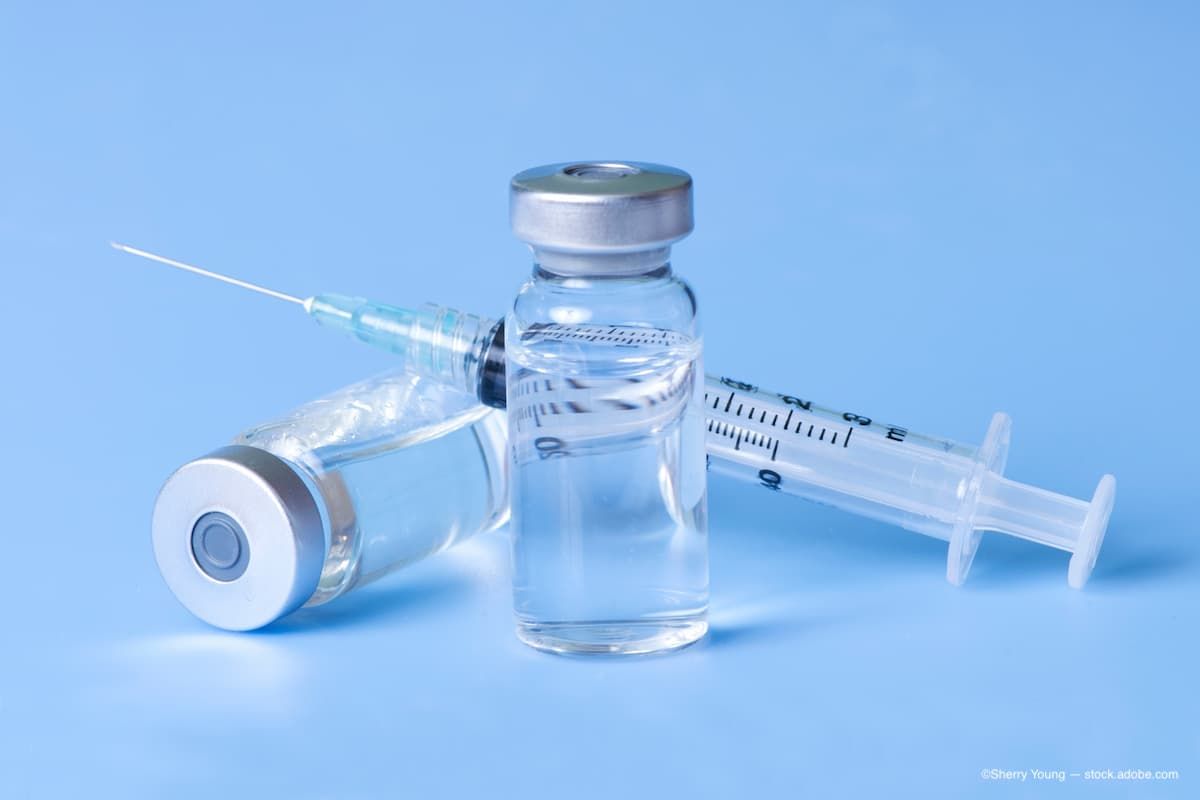[ad_1]
(Image Credit: AdobeStock/Sherry Young)

Apellis Pharmaceuticals Inc. has provided an update on the launch of pegcetacoplan injection (Syfovre) for the treatment of geographic atrophy secondary to age-related macular degeneration.
The company announced preliminary US net revenues of about $74 million for the injection.
The company, during its preliminary Q3 revenue report, also confirmed there have been 10 cases of retinal vasculitis linked to the injection, with 7 occlusive and 3 non-occlusive as well as 2 suspected events.
Since the company last provided an update in August, a new confirmed event was reported in early August and two suspected events, one in August and one in September, one of which has been confirmed.
Moreover, Apellis noted in the report that of the confirmed retinal vasculitis cases, 6 patients have recovered either full or partial vision, 3 have severe vision impairment that likely may not be resolved and the outcome of one patient’s case is pending, The outcomes of the two suspected events is still undetermined.
The company also noted in its report all potential retinal vasculitis cases reported to Apellis are evaluated independently and adjudicated by an independent panel that includes four retina/uveitis specialists and an independent reading center as well as the company’s medical and internal safety teams.
The company noted in its update that the GALE extension study found up to 45% reduction of nonsubfovleal GA lesion growth observed between months 24 and 30 compared to the projected sham.
According to Apellis, the real-world rate of retinal vasculitis is 0.01% per pegcetacoplan injection, which is approved in the United States for the treatment of geographic atrophy secondary to AMD.
Adam Townsend, chief commercial officer at Apellis, said in the report that since its commercial release, the company has shipped more than 100,000 vials of the injection to physician practices, which he noted is a testament to the “unmet need and the strength of Syfovre’s product profile.”
“Syfovre offers increasing treatment effects over time with as few as 6 does per year,” Townsend said. “It is very encouraging to see the return to weekly growth in demand as physicians and patients have learned more about the long-term efficacy from the GALE study and real-world safety of Syfovre. With our permanent J-code now in place, we look forward to building on these trends and continuing to bring Syfovre to people living with this chronic disease.”
Apellis said it is working closely with the American Society of Retina Specialists (ASRS) regarding reported cases of retinal vasculitis.
[ad_2]
Source link
